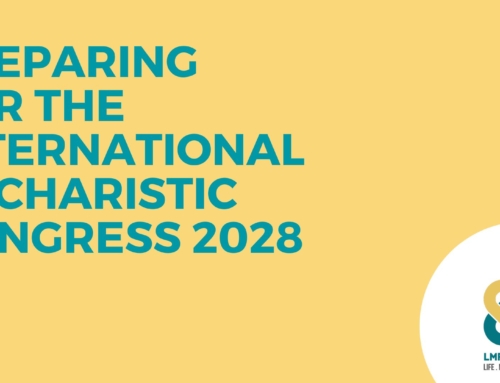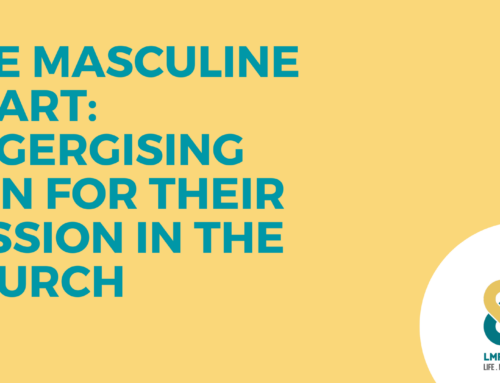 A new reality TV series on ABC takes four unhappy married couples and attempts to turn their relationships around in eight weeks.
A new reality TV series on ABC takes four unhappy married couples and attempts to turn their relationships around in eight weeks.
A clinical psychologist, a sex therapist/counsellor and a mind-body expert form the core team who draw on the wealth of scientific research to give the couples insight into their problems and practical strategies to improve them. Here’s a few comments from different reviewers.
From Jennifer Boldero – Assoc Prof Psychological Sciences, U Melbourne
The couples are asked to engage in a number of tasks that highlight, among other things, what’s “wrong” with their relationship and where the couple are not a “team”. We’re shown the effects of positive and negative feedback on their emotions and performance, which highlights the way criticism makes us feel and act.
We see how non-verbal communication shows how we feel about people we’re interacting with – the couples are told that even if they don’t want to do something, they should try to do it because the feelings will come, so they have to “fake it until you make it”.
For the most part, a “one-size-fits-all” approach is used with all of the couples, but sometimes, the impact of what we personally “bring” to our relationships is also shown. People who are sensitive to rejection, for instance, interpret ambiguous situations as signalling that their partner is rejecting them whereas others who aren’t so sensitive do not. Such individual differences need to be taken account of when psychologists and counsellors work with couples.
Full article: here
And this one from Relationships Australia
Full post: HERE
Research shows that it’s possible to reinvigorate even the unhappiest relationships in only two months. But will the science deliver when it’s put to the test with real Australian couples in their day-to-day lives?
During the course of this four-part series, the couples will be pushed to their emotional limits – and beyond. As long buried resentments come to the surface, and entrenched behaviours are challenged, will the couples succeed in their goal of a happier relationship, or will some decide that true happiness lies apart from one another?
Backed by Relationships Australia, the series offers valuable take-home advice that will allow every Australian to improve the happiness of their relationship.
The producers have also set up ‘Happiness Central‘: an online forum where visitors can take the ‘happiness’ test used in the program to track the couples’ individual and relationship happiness level. Data collected (anonymously) is to be analysed by relationship researchers at the Universities of QLD and Sydney.
The site also includes practical exercises for couples and individuals to improve their happiness, like writing down three things for which they are grateful each day.
A blog and science section explains many of the principles used in the series. Here’s a sample: Fake it till you make it
Why is it so easy to spot happy – and unhappy – couples? Whether it’s on the street or at social events, a simple glance is often enough to identify which couples are engaged and in love, and which have moved away from each other both physically and emotionally.
The reason is simple. 85% of all communication is non-verbal. A key sign of unhappy couples is visible contempt – eye rolling, smirking or sighing and snorting when a partner says something. Another is disengagement – a lack of eye contact, and a lack of closeness and touch.
The good news is that it’s possible to ‘fake it till you make it’. It’s been proven that when couples behave as though they are happier, they actually do become happier. So if that hand holding or cuddling on the couch seems forced, persevere. It really is having a long-term positive impact on your relationship.
Having watched the first two of the episodes in the series, we’ve been impressed by the ability of the producers to capture on film some very real and vulnerable moments in the couple’s relationship. To date, none of the advice offered on the program contradicts what we know to be best practice, though there are still two more episodes to go. Being a secular program, issues of faith and spirituality are conspicuously absent from both the TV program and the Happiness Central website, so perhaps there’s opportunity for expansion here. And if you can get past the annoying over-dramatisation of the weekly ‘happiness score’ sessions, the program is quite compelling and well worth watching. We expect that it will have a positive impact in helping couples create happy marriages.
ABC: Making Couples Happy





Please don’t introduce gods and spirituality into the program – the best thing about it is that it is using best practice and science to solve problems.